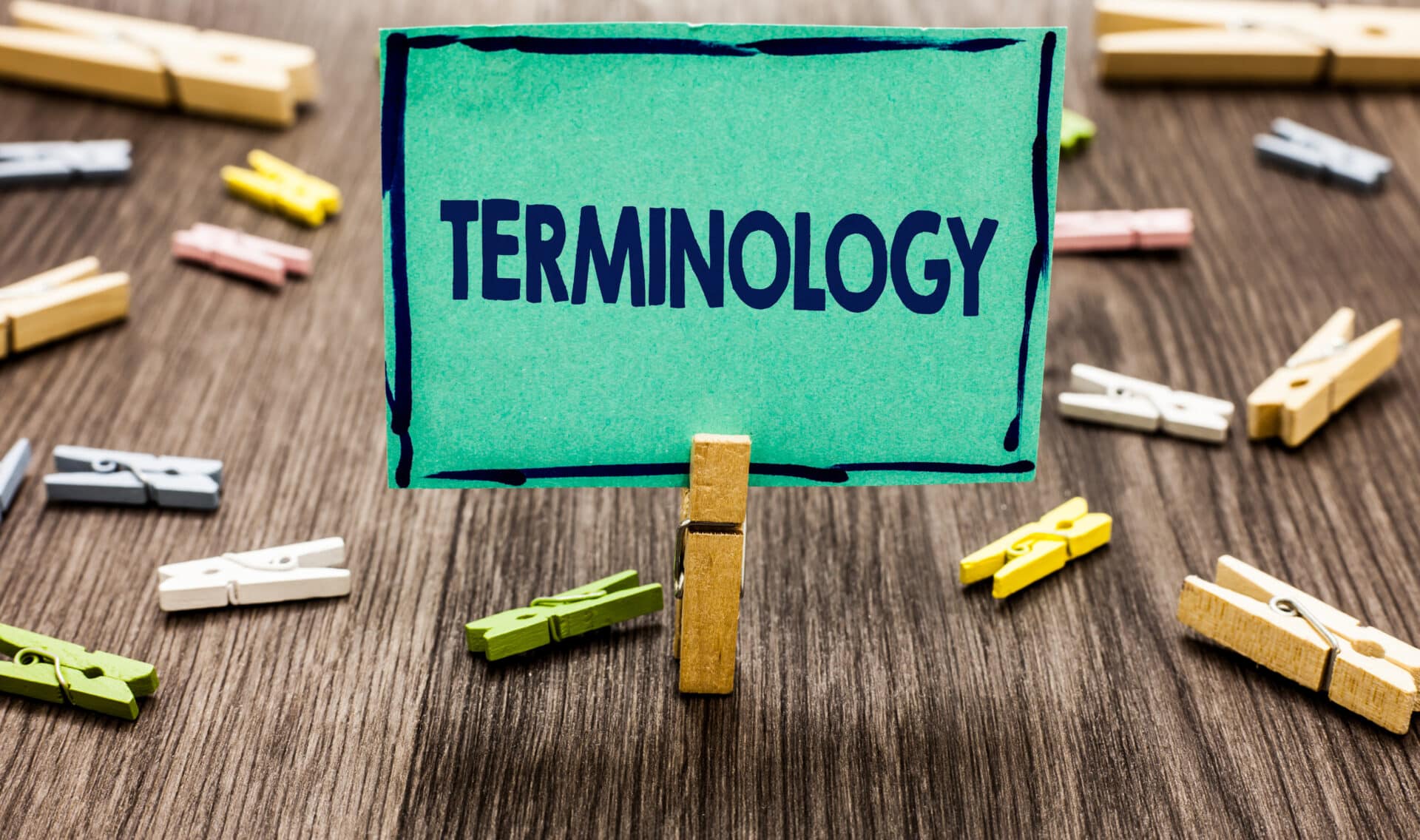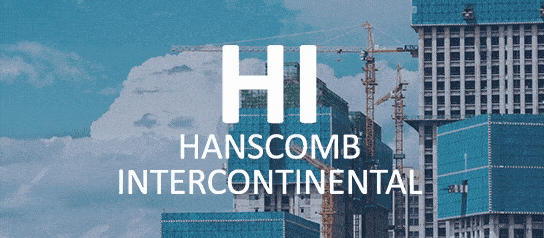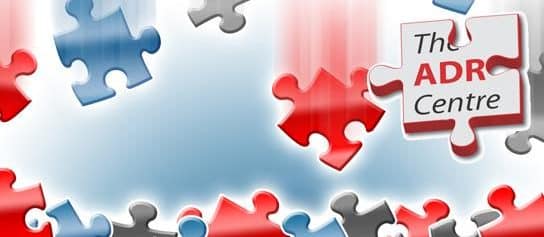“The Language of ADR – an International Glossary” was conceived and published as a part of The Academy’s desire to facilitate good practices, efficient communication and co-operation between all of those involved in ADR.
The present Glossary resulted from the co-operation of 600 individuals and institutions from 43 countries.
The repeated pleas of practitioners and users around the world have convinced us that a positive lead is required in the continuing academic debate to determine whether mediation is really conciliation or vice verse.
Whilst recognising that any change in terminology can produce “local difficulties” the use of this glossary is not mandatory. It is our hope that by the use of a universal ADR glossary one area of dispute will be removed. The fact that some may not follow every definition will not remove its need.
Our thanks go to all who have provided information and suggestions and to the hardworking multi-disciplinary working party for their Report. The majority of definitions used are theirs although there are some variations and additions.
The Working Party
Henry Brown – Family Mediators Association
H H Campbell QC – Faculty of Advocates, Scotland
Karen Gough – Chartered Institute of Arbitrators
Jane C Hern – The Law Society
Edward J Lavery – The Law Society of Northern Ireland
Richard McLaughlin – Bar Council, Northern Ireland
David Miles – Centre for Dispute Resolution
Colin M Milne – The Law Society of Scotland
Philip Naughton QC – Bar Council, England and Wales
Derek Sharp – Society of Construction Arbitrators
Bertie Vigrass – London Court of International Arbitration
David B Walter – The Scottish Council for Arbitration
Anthony D Woolf (Working Party Chairman)





